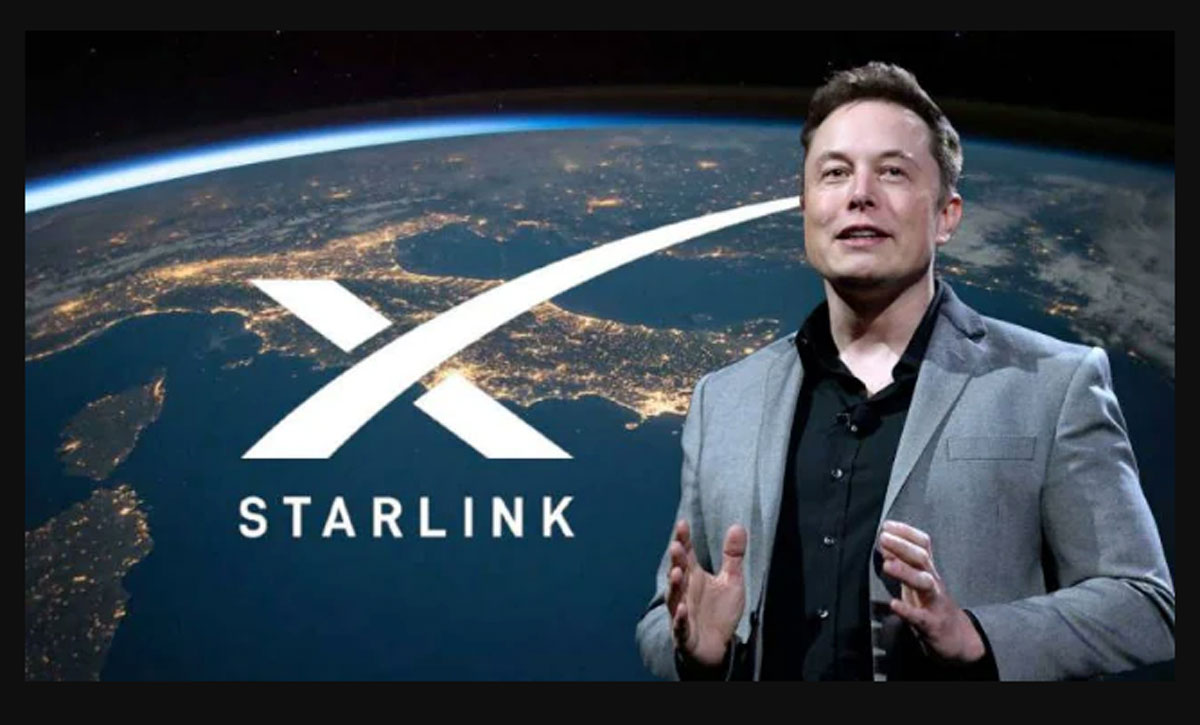OpenAI’s Stock Market Debut: What to Expect
Will OpenAI Go Public? The Latest Updates
OpenAI, the artificial intelligence research lab behind ChatGPT, DALL·E, and GPT-4, has been a dominant force in AI innovation. However, despite its rapid growth, OpenAI remains a private company. Speculation about an initial public offering (IPO) has intensified, but CEO Sam Altman has repeatedly stated that OpenAI has no immediate plans to go public.
Instead, OpenAI has explored alternative funding mechanisms, including secondary share sales. In early 2024, reports surfaced that OpenAI was in talks to sell existing shares at an $80 billion valuation—tripling its worth from just a year prior. This suggests that while an IPO may not be imminent, OpenAI is positioning itself for future liquidity events.
Why OpenAI Might Delay Its IPO
Several factors contribute to OpenAI’s reluctance to go public:
- Mission-Driven Structure – OpenAI was founded as a non-profit before transitioning to a “capped-profit” model. Going public could conflict with its mission to ensure AI benefits humanity rather than maximize shareholder returns.
- Regulatory Scrutiny – AI companies face increasing government oversight. An IPO would expose OpenAI to stricter financial and operational disclosures.
- Financial Independence – With backing from Microsoft (which invested $13 billion) and strong revenue growth (projected to exceed $1 billion in 2024), OpenAI doesn’t urgently need public market funding.
Potential Paths to a Public Listing
If OpenAI decides to go public, it could take several routes:
1. Traditional IPO
A standard IPO would involve underwriters like Goldman Sachs or Morgan Stanley pricing shares and facilitating a market debut. This would provide liquidity but subject OpenAI to quarterly earnings pressures.
2. Direct Listing
A direct listing (as seen with Spotify and Coinbase) allows OpenAI to list shares without issuing new ones, letting employees and investors sell stakes immediately. This avoids dilution but lacks the capital-raising benefits of an IPO.
3. SPAC Merger
A Special Purpose Acquisition Company (SPAC) merger could expedite OpenAI’s public debut, though SPACs have fallen out of favor due to regulatory concerns and poor post-merger performance.
4. Secondary Market Sales
OpenAI may continue allowing private share transactions, enabling early investors to cash out without a full IPO. This approach maintains control while providing liquidity.
OpenAI’s Valuation: How High Could It Go?
OpenAI’s valuation has skyrocketed:
- 2019: Valued at ~$1 billion
- 2021: $14 billion after Microsoft’s initial investment
- 2023: $29 billion in a secondary sale
- 2024: Potential $80 billion valuation
Comparatively, AI rivals like Anthropic ($18 billion) and Inflection AI ($4 billion) lag behind. If OpenAI goes public, analysts speculate its valuation could exceed $100 billion—rivaling tech giants like Meta and Tesla.
Key Risks for Investors
Investing in OpenAI carries significant risks:
1. Regulatory Uncertainty
Governments worldwide are drafting AI regulations. Stricter rules could limit OpenAI’s growth or increase compliance costs.
2. Competition
Rivals like Google DeepMind, Anthropic, and emerging open-source models (e.g., Meta’s Llama 2) threaten OpenAI’s dominance.
3. Monetization Challenges
Despite ChatGPT’s popularity, converting free users to paid subscribers (ChatGPT Plus costs $20/month) remains a hurdle.
4. Ethical Concerns
AI safety debates could lead to restrictions on advanced models, impacting OpenAI’s product development.
How OpenAI’s IPO Could Impact the AI Industry
An OpenAI IPO would be a watershed moment for AI, with ripple effects:
- Increased Scrutiny – Public filings would reveal revenue, R&D spending, and partnerships, setting benchmarks for competitors.
- Market Validation – A successful debut could spur more AI startups to go public.
- Investor Sentiment – If OpenAI stumbles post-IPO, it could cool enthusiasm for AI stocks.
What Investors Should Watch For
Before OpenAI goes public, key indicators include:
- Revenue Growth – Can OpenAI sustain its rapid monetization of ChatGPT and enterprise solutions?
- Partnerships – Deeper integration with Microsoft (Azure, Office, Bing) could drive long-term value.
- Regulatory Developments – Favorable policies could accelerate OpenAI’s expansion, while restrictive laws may hinder it.
Final Thoughts on OpenAI’s Public Market Future
While OpenAI’s IPO isn’t guaranteed, its trajectory suggests a public debut is inevitable. Investors should monitor secondary market activity, revenue reports, and regulatory shifts to gauge timing. If OpenAI lists, it could become one of the most significant tech IPOs in history—reshaping both AI and public markets.
(Word count: 1000)

